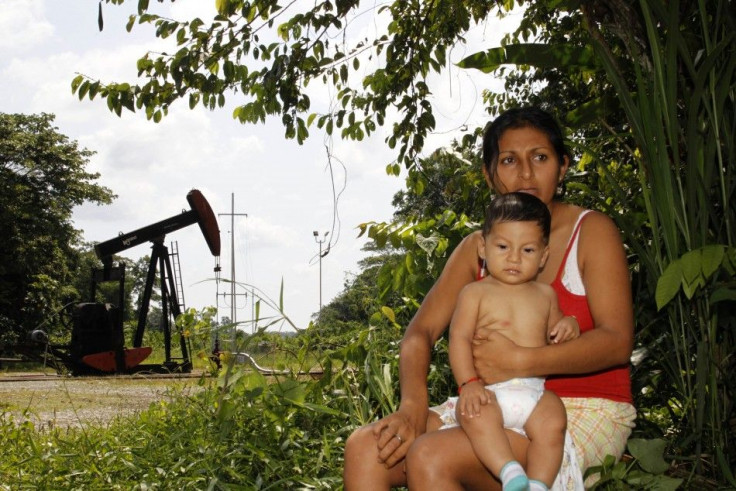Ecuador Court Rejects Arbitration Panel Injunction on Chevron Claims

An Ecuadorean court Monday defied an international arbitration panel's request that the country prevent plaintiffs from collecting on billions of dollars in environmental damages from Chevron Corp.
Last week, an arbitration panel administered by the Permanent Court of Arbitration in The Hague enjoined the Ecuadorean government to prohibit indigenous Amazonian peoples from collecting $18 billion in environmental fines. A court in that country ruled last February that Chevron be held liable for the pollution left in the Amazon by Texaco, now its subsidiary.
But on Monday, the court in Sucumbios, Ecuador, announced it was not going to respect the order from The Netherlands, saying the arbitration court cannot force judges to infringe the human rights of our citizens, reported the Chicago Tribune.
The arbitration panel has yet to decide if it has sufficient jurisdiction to rule over the case. In the U.S., the Second Circuit Court of Appeals twice threw out injunctions placed by a New York court prohibiting the collection of the $18 billion.
Chevron filed an appeal in January with Ecuador's Supreme Court. The company has still to hear back.
Texaco operated in the South American country for several decades until its joint venture with Ecuador's state oil company Petroecuador ended in the early 1990s. Chevron bought Texaco in 2001 and has since maintained the court proceedings against it are the result of fraud and malicious intent.
Chevron claims its subsidiary properly cleaned up the areas of the Amazon for which it was responsible and Texaco says it spent $40 million between 1995 and 1998 in remediation of the area. The company said it was cleared of any further environmental work by the Ecuadorean government.
The case was first launched in 1993 in New York, said the Tribune, before being sent to Ecuador. A final judgment on the case could be years away.
© Copyright IBTimes 2024. All rights reserved.





















